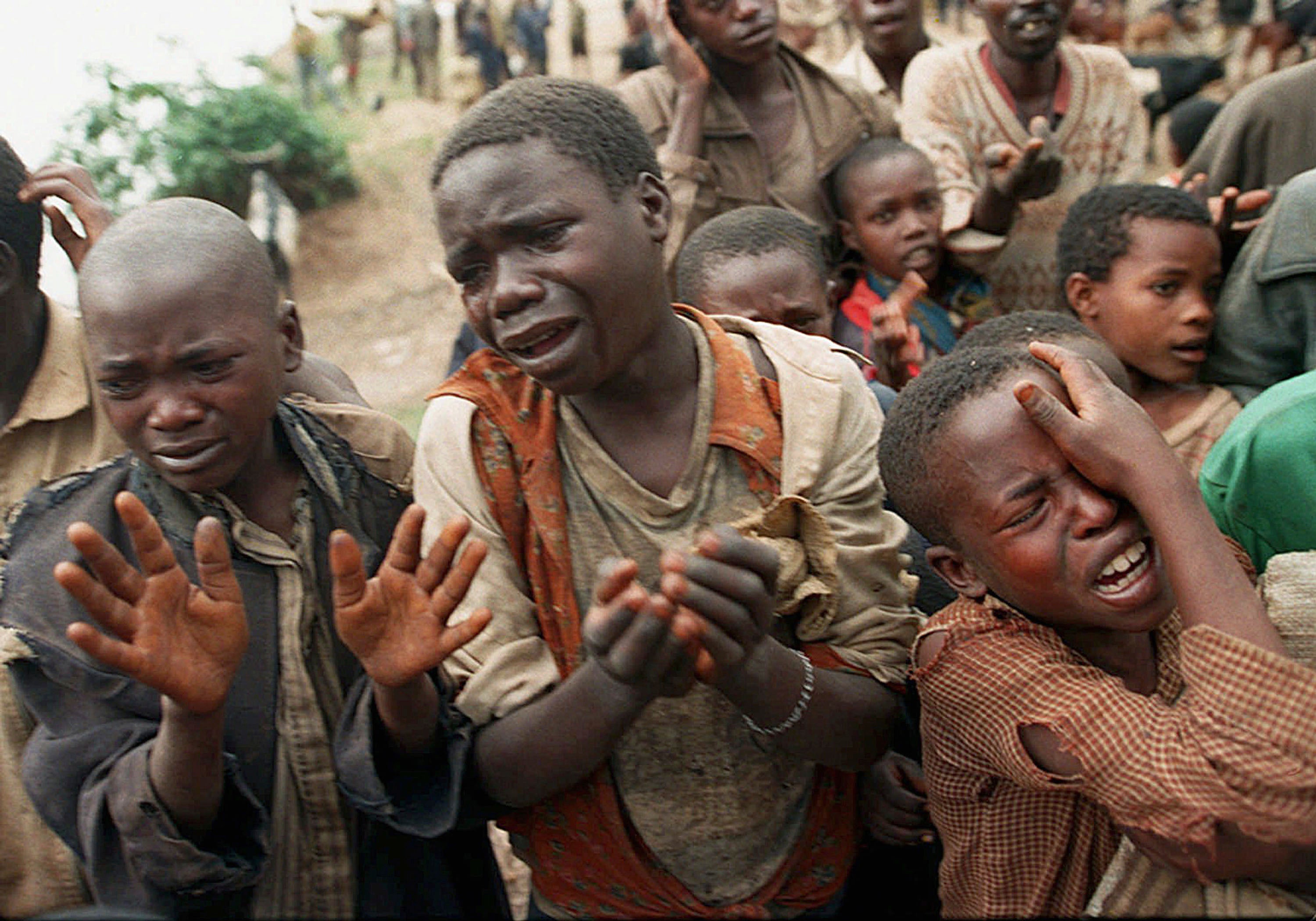UN appeal judges toss out plan to set up procedure to hear evidence against Rwandan genocide suspect
Appeals judges have thrown out a decision by a United Nations court to set up a procedure to hear evidence against an elderly Rwandan genocide suspect after he was declared unfit to face trial

Your support helps us to tell the story
From reproductive rights to climate change to Big Tech, The Independent is on the ground when the story is developing. Whether it's investigating the financials of Elon Musk's pro-Trump PAC or producing our latest documentary, 'The A Word', which shines a light on the American women fighting for reproductive rights, we know how important it is to parse out the facts from the messaging.
At such a critical moment in US history, we need reporters on the ground. Your donation allows us to keep sending journalists to speak to both sides of the story.
The Independent is trusted by Americans across the entire political spectrum. And unlike many other quality news outlets, we choose not to lock Americans out of our reporting and analysis with paywalls. We believe quality journalism should be available to everyone, paid for by those who can afford it.
Your support makes all the difference.Appeals judges on Monday threw out a decision by a United Nations court to set up a procedure to hear evidence against an elderly Rwandan genocide suspect who was declared unfit to face trial.
The decision likely means that Félicien Kabuga's trial, which started last year in The Hague, will never be completed. The judges acknowledged this would be a blow to victims and survivors of Rwanda's 1994 genocide.
Judges at the International Residual Mechanism for Criminal Tribunals halted Kabuga's trial in June because he has dementia and could not properly participate in the proceedings.
Kabuga, who is in his late 80s, is accused of encouraging and bankrolling the mass killing of Rwanda’s Tutsi minority. His trial came nearly three decades after the 100-day massacre left 800,000 dead. He is in custody at a U.N. detention unit in The Hague.
After declaring him unfit to stand trial, judges said they would set up “an alternative finding procedure that resembles a trial as closely as possible, but without the possibility of a conviction.”
Kabuga's lawyers appealed that decision and on Monday an appellate panel ruled that “neither the Statute nor the jurisprudence of the Mechanism and its predecessor tribunals allows for an ‘alternative finding procedure’ in lieu of a trial,” the court said in a statement.
The appeals decision said that the outlines of such a procedure “appear to circumvent statutory guarantees afforded to all accused.” They sent the case back to trial judges with instructions to “impose an indefinite stay of proceedings in view of Mr. Kabuga’s lack of fitness to stand trial.”
After years as a fugitive from international justice, Kabuga, who had a $5 million bounty on his head, was arrested near Paris in May 2020. He was transferred to The Hague to stand trial at the residual mechanism, a court that deals with remaining cases from the now-closed U.N. tribunals for Rwanda and the Balkan wars.
He pleaded not guilty to charges of genocide, incitement to commit genocide, conspiracy to commit genocide as well as persecution, extermination and murder.
The court said that appeals judges realized that “victims and survivors of the crimes that Mr. Kabuga is charged with have waited long to see justice delivered, and that the inability to complete the trial proceedings in this case, due to Mr. Kabuga’s lack of fitness to stand trial, must be disappointing.”